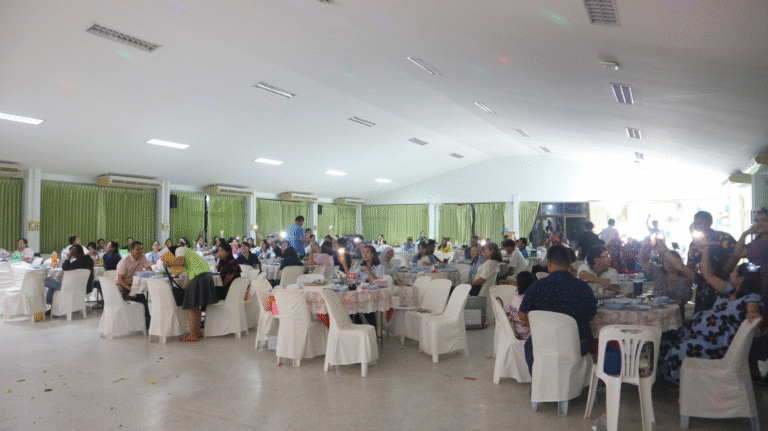Reporters: Mr. Sujinda Saehan, Mr. Ekkajak Intarat, Mr. Nitigon Jumniansuk, Mr. Thanet Sangseejun
Evidence Date: August 14th – 17th, 2024
Related SDGs: 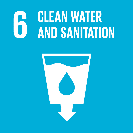
Related Indicators: 6.5.1, 6.5.3, 6.5.4, 6.5.5, 6.5.6, 6.5.7
Details:
From August 14 to 17, 2024, Rajamangala University of Technology Srivijaya (RUTS), Ratthapoom College, welcomed students participating in the “RUTS and UniMAP International Collaboration Camp 2024”, a joint initiative between RUTS and the Universiti Malaysia Perlis (UniMAP). The camp aimed to strengthen academic cooperation, foster cross-cultural understanding, and enhance practical knowledge in sustainable agriculture and technology under the theme “Smart Farm Camp.”
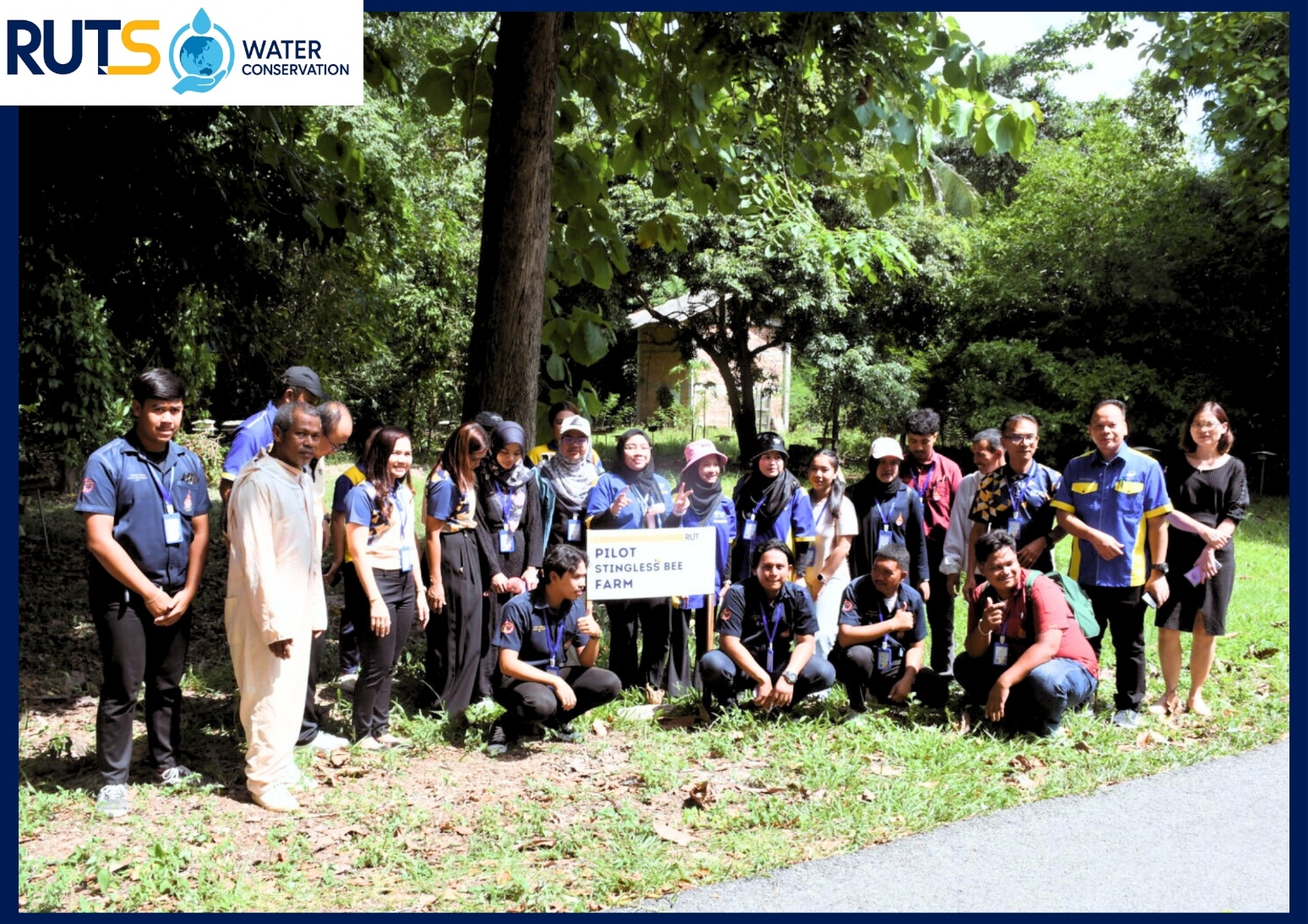
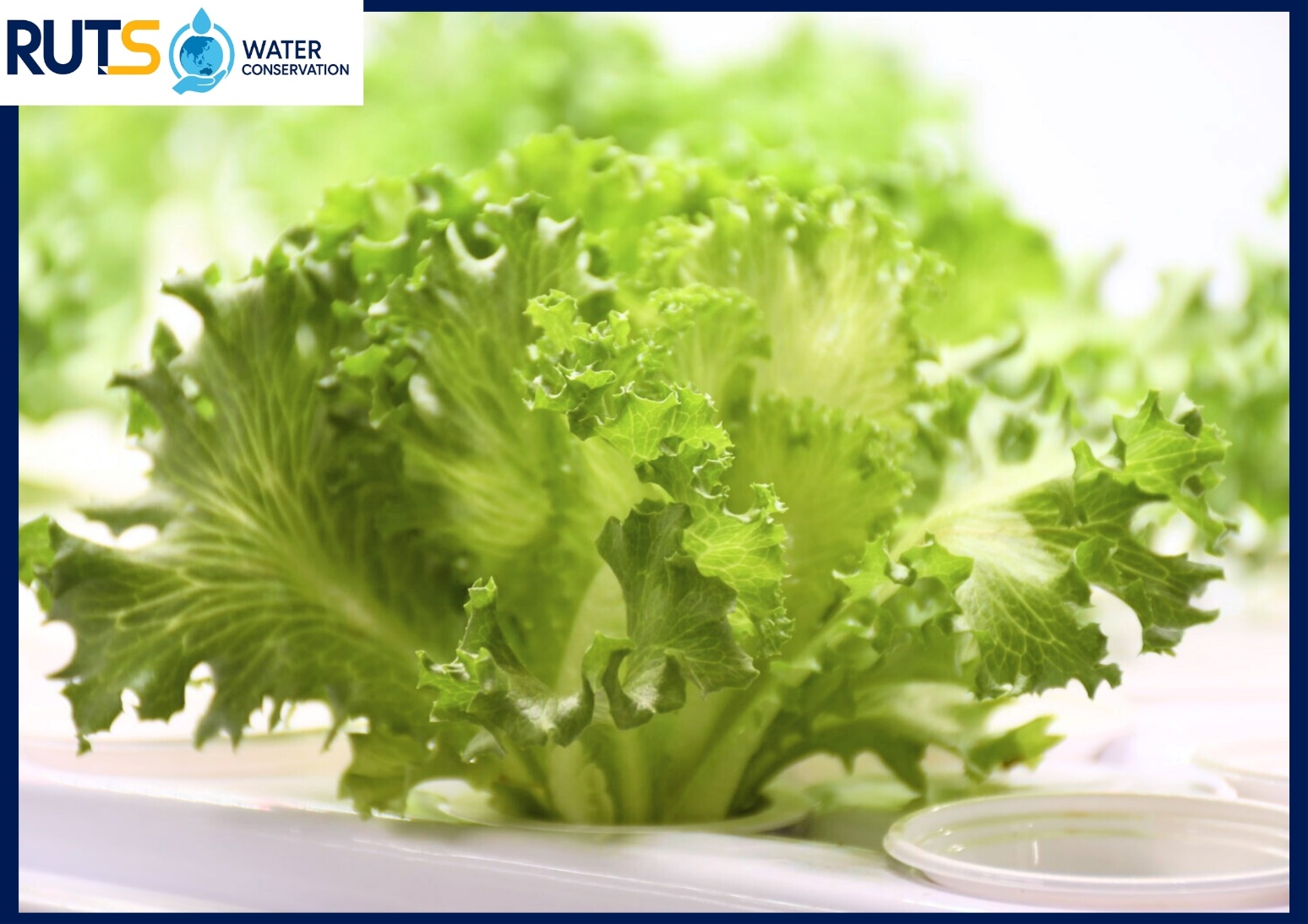
Throughout the four-day program, participants engaged in a series of workshops, hands-on training, and cultural exchange activities. The sessions covered key areas such as solar energy applications for agricultural systems, agricultural machinery management, smart irrigation systems, and stingless beekeeping. Students had the opportunity to design and operate small-scale solar-powered farming models, gaining practical experience in renewable energy and sustainable farming practices.
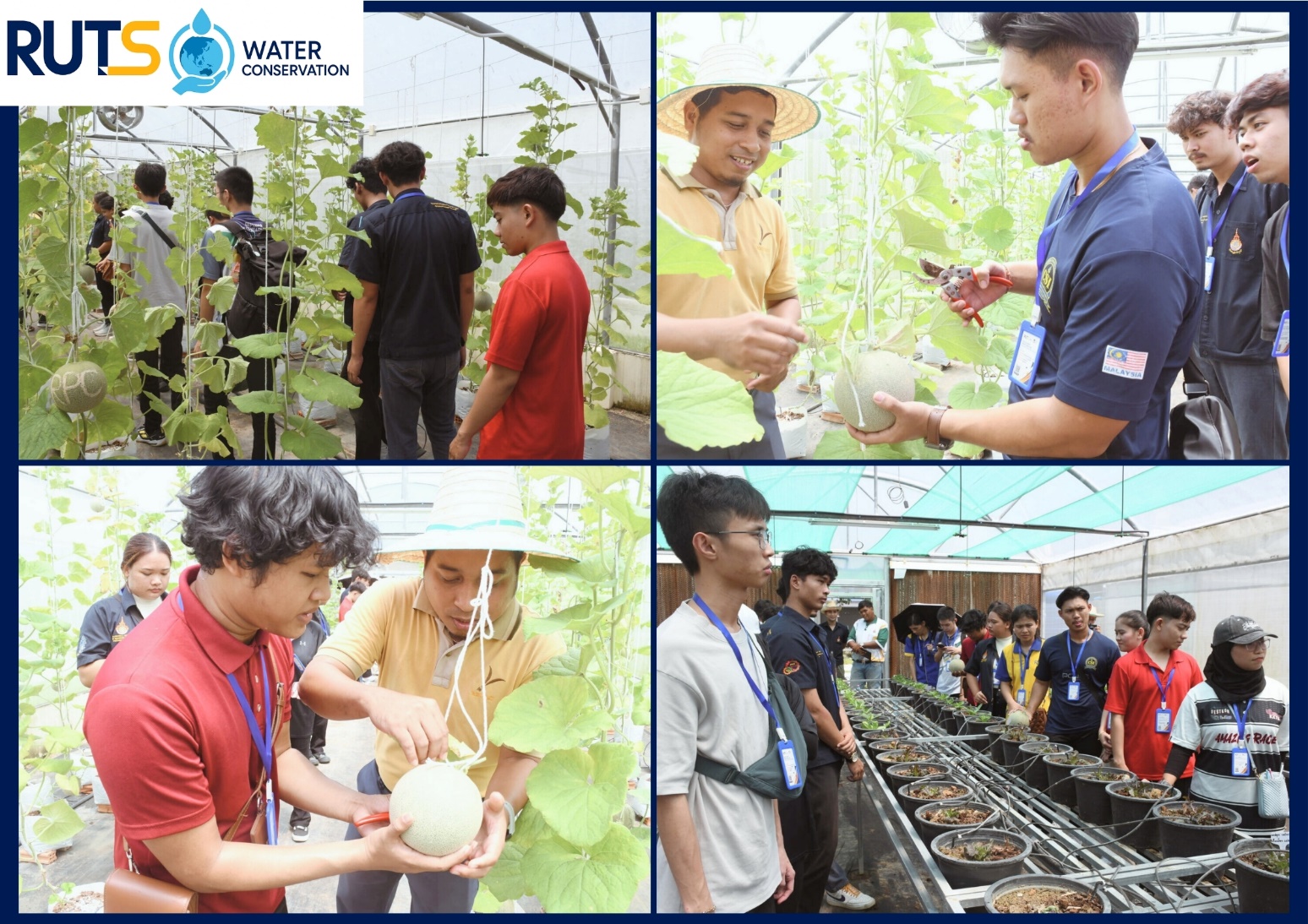
In addition to advancing technical skills, the camp emphasized the importance of environmental sustainability and alignment with the United Nations Sustainable Development Goals (SDGs). A key focus was on SDG 6: Clean Water and Sanitation, which was addressed through workshops on smart irrigation systems designed to optimize water use in agriculture. Participants learned how to monitor soil moisture and automate watering processes using sensor-based technology, ensuring that plants receive the right amount of water while minimizing waste. This approach not only conserves water resources but also helps prevent soil degradation and promotes long-term agricultural resilience. The use of solar-powered irrigation systems further demonstrated the integration of SDG 7: Affordable and Clean Energy, providing sustainable energy solutions for rural farming communities. Moreover, the camp encouraged SDG 12: Responsible Consumption and Production by promoting sustainable farming practices, such as efficient resource management and organic cultivation. Finally, through knowledge-sharing and technological innovation, participants explored strategies that contribute to SDG 13: Climate Action, highlighting how modern agricultural technologies can reduce environmental impact and support climate adaptation in the agricultural sector.
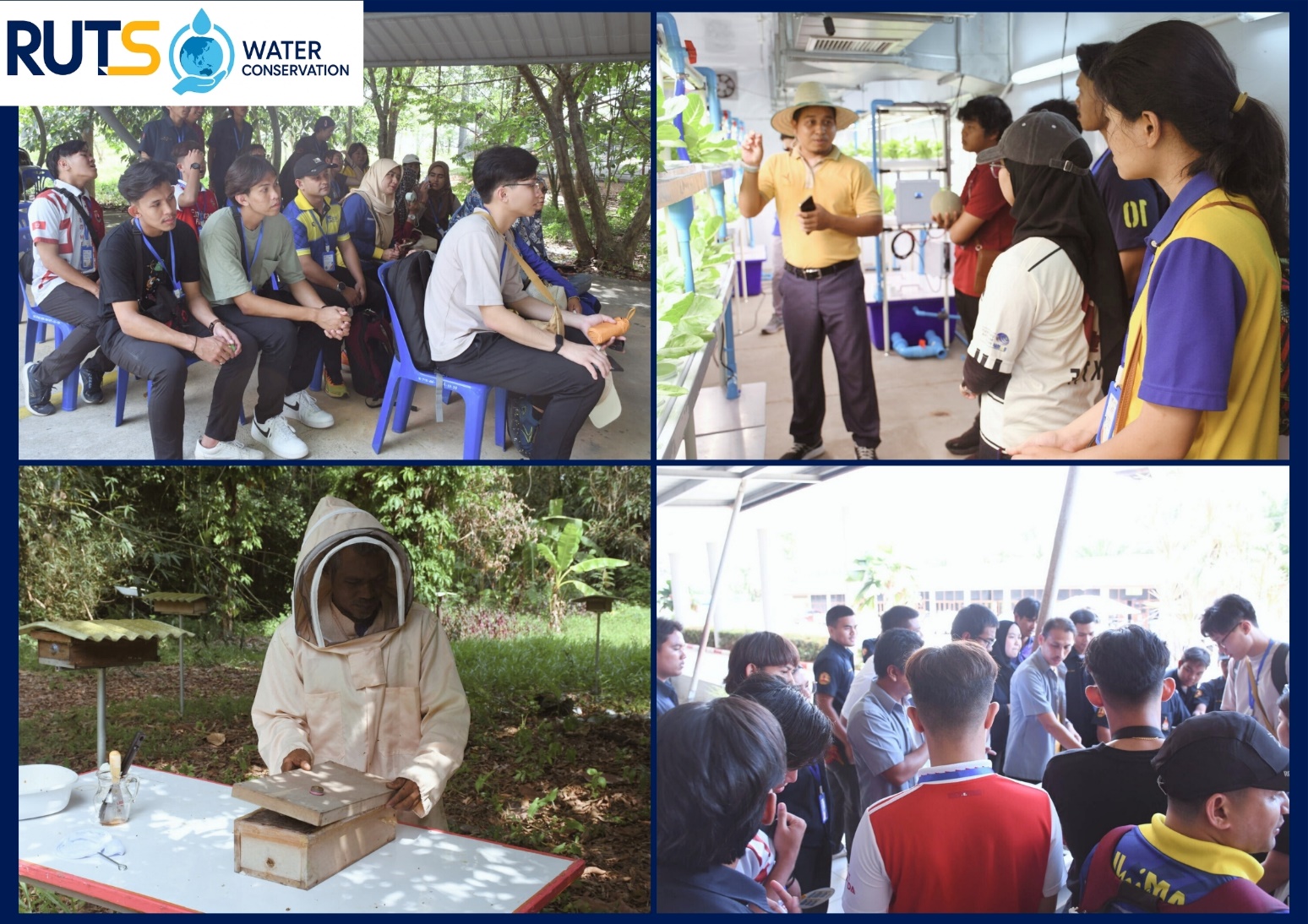
The camp also provided a valuable platform for student collaboration, allowing participants from Thailand and Malaysia to exchange innovative ideas and develop joint solutions to agricultural and environmental challenges. By combining knowledge in engineering, renewable energy, and agricultural science, the program supported the vision of building a new generation of innovators committed to sustainable development and food security in the ASEAN region.
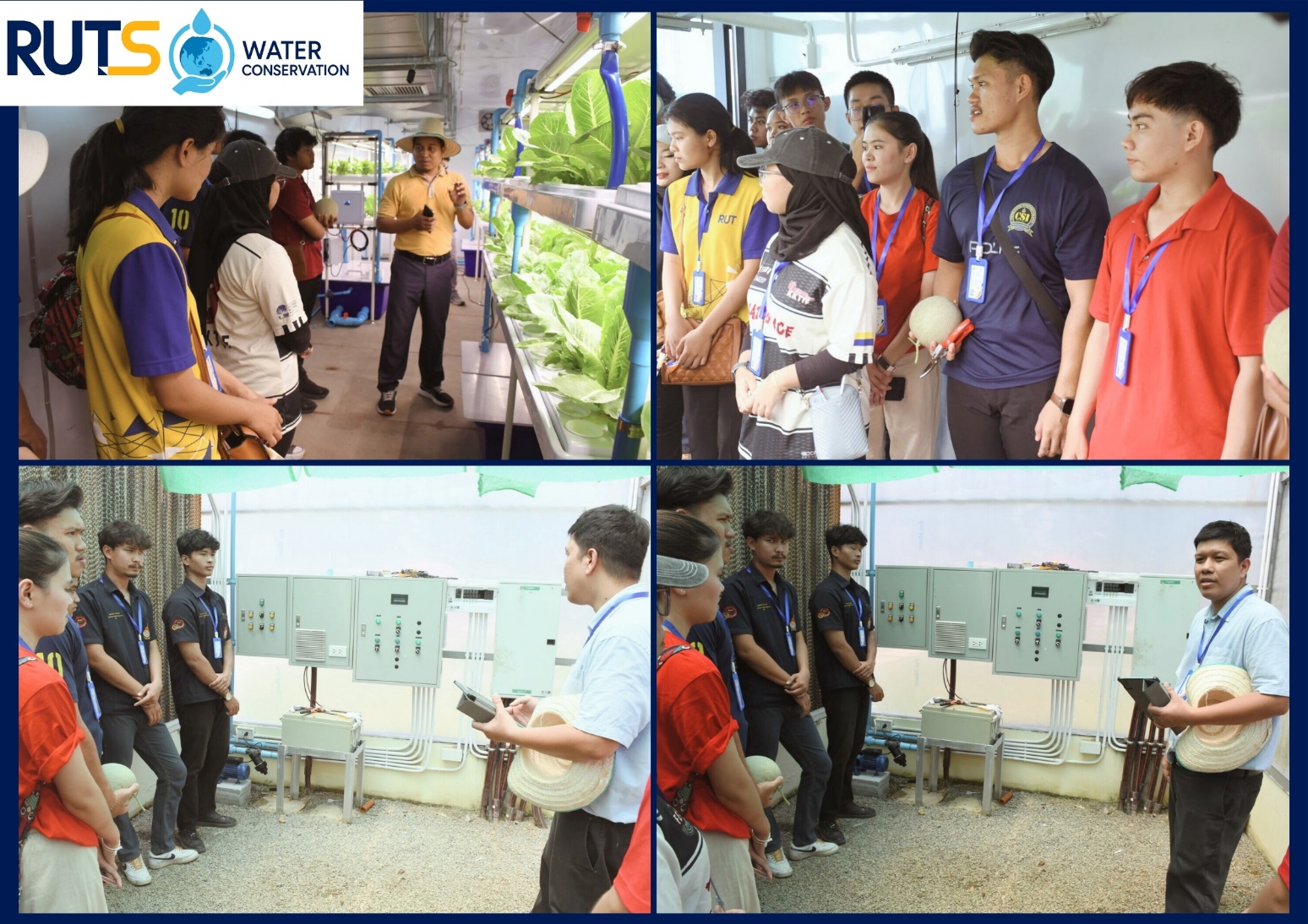
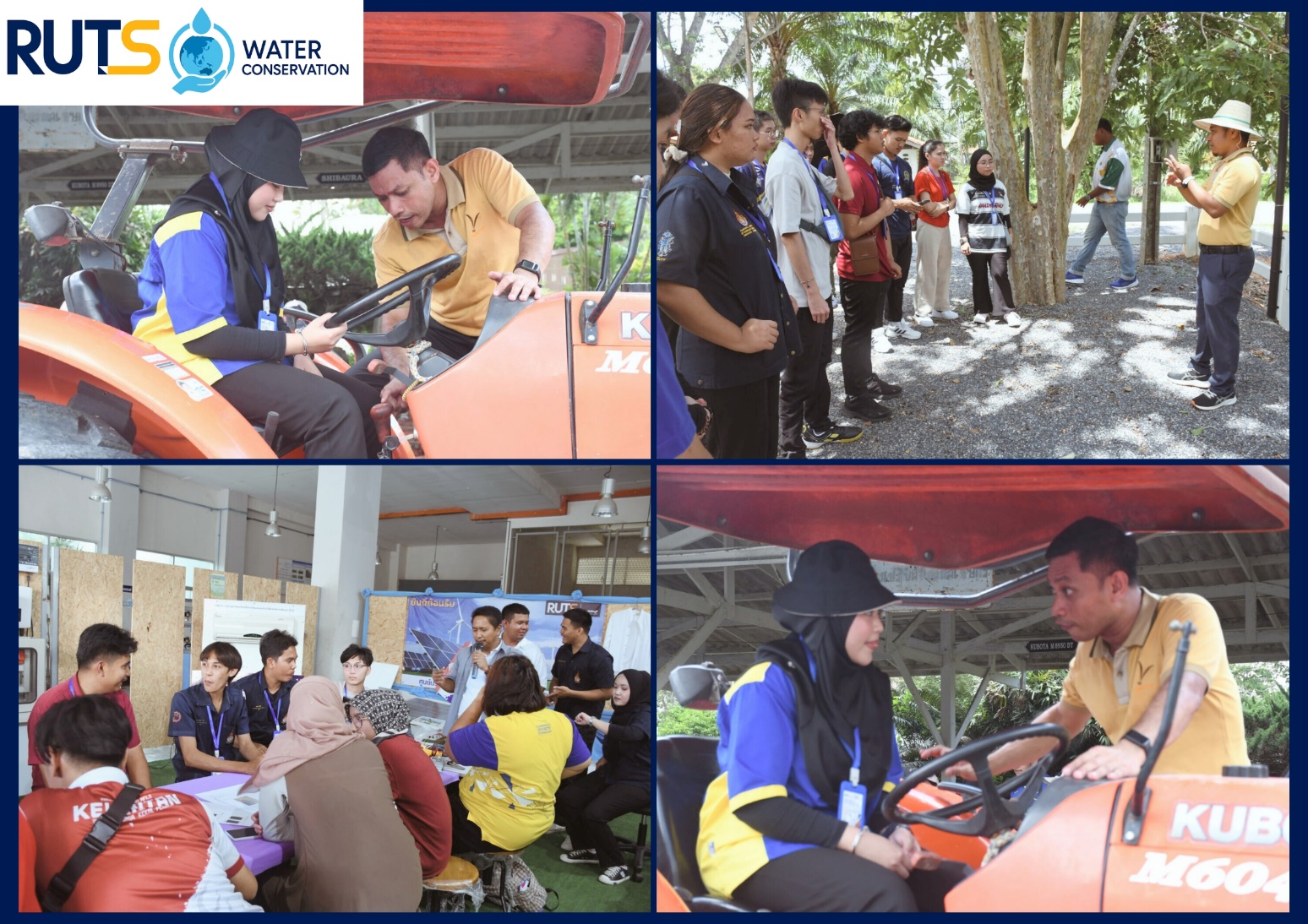
Related Links:



